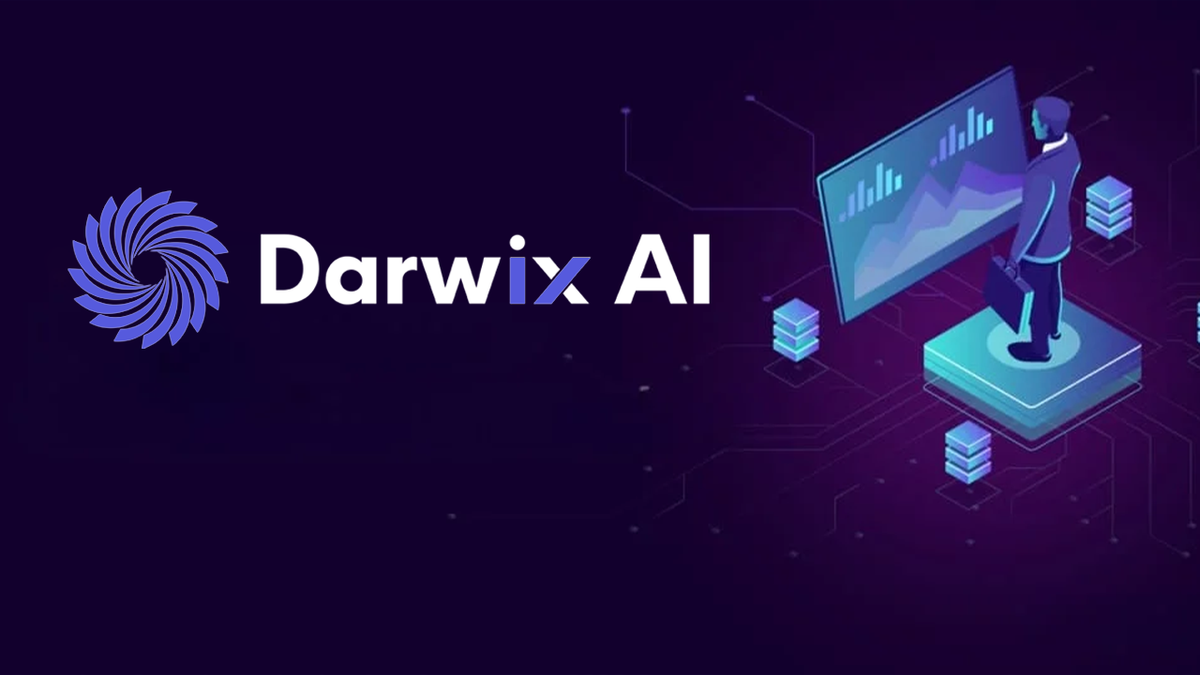A viral Reddit discussion is generating buzz within the developer community regarding the impact of AI code assistants such as GitHub Copilot on software engineers. The debate centers on whether these tools will eventually replace engineers altogether or modify their responsibilities.
A post shared in a technology-centric subreddit compares AI-enabled programming to the ongoing challenges faced in the development of self-driving vehicles. The user stated that while they have historically perceived the situation in a negative light, they are increasingly convinced that AI tools will achieve 95% of the necessary tasks but may become stuck at that completion for a prolonged period, suggesting that the last 5% is crucial.
The user forecasts an evolution in developers’ roles, predicting that “tasks will likely shift to reviewing snippets of AI-generated code throughout the day and making corrections as required.” While this may decrease the demand for engineers in certain areas, it is anticipated to generate new roles as “non-technical individuals attempt to develop software using AI, which could result in various bugs.”
A well-received reply from a self-identified software engineer supported these views, noting the benefits of these tools but also highlighting their shortcomings. “AI/Copilot can handle 80% of the tasks at work. Completing the remaining 20% presents a significantly greater challenge,” the engineer commented. “Even after refining my prompts several times, I often find myself needing to intervene.”
The engineer expressed skepticism that AI could fully replace engineers in the near future, particularly since it would struggle with interpreting imprecise or complex instructions from non-technical users. “For AI to replace software engineers, it must manage the most difficult tasks accurately and consistently as directed by individuals without a tech background. The probability of that happening is low.”
Instead, they suggested that AI tools are acting as “force multipliers,” enhancing the productivity and speed of seasoned developers. “In dealing with niche problems, I previously had to sift through numerous StackOverflow discussions. Now, AI helps me pinpoint issues much more quickly.”
Additionally, they drew a comparison to a previous technological shift: “Excel enhanced the capabilities of accountants, but it did not eliminate their roles. In fact, we see more accounting positions available now than at any other time in history.”
Most importantly, they mentioned the substantial amount of technical debt that exists within corporate software systems. “Major companies are burdened with an enormous backlog of technical debt, represented by trillions of hours of work. By increasing employee efficiency, it would be more advantageous for these companies to allocate their transformed personnel to more productive tasks rather than reducing their numbers.”
This dialogue indicates a growing agreement within the tech sector: while AI is quickly changing how software is developed, evaluated, and debugged, it is improbable that it will entirely displace the engineers who write the code—at least not in the immediate future. Rather, it heralds a new phase of enhanced development where speed and problem-solving capabilities may become increasingly significant.







